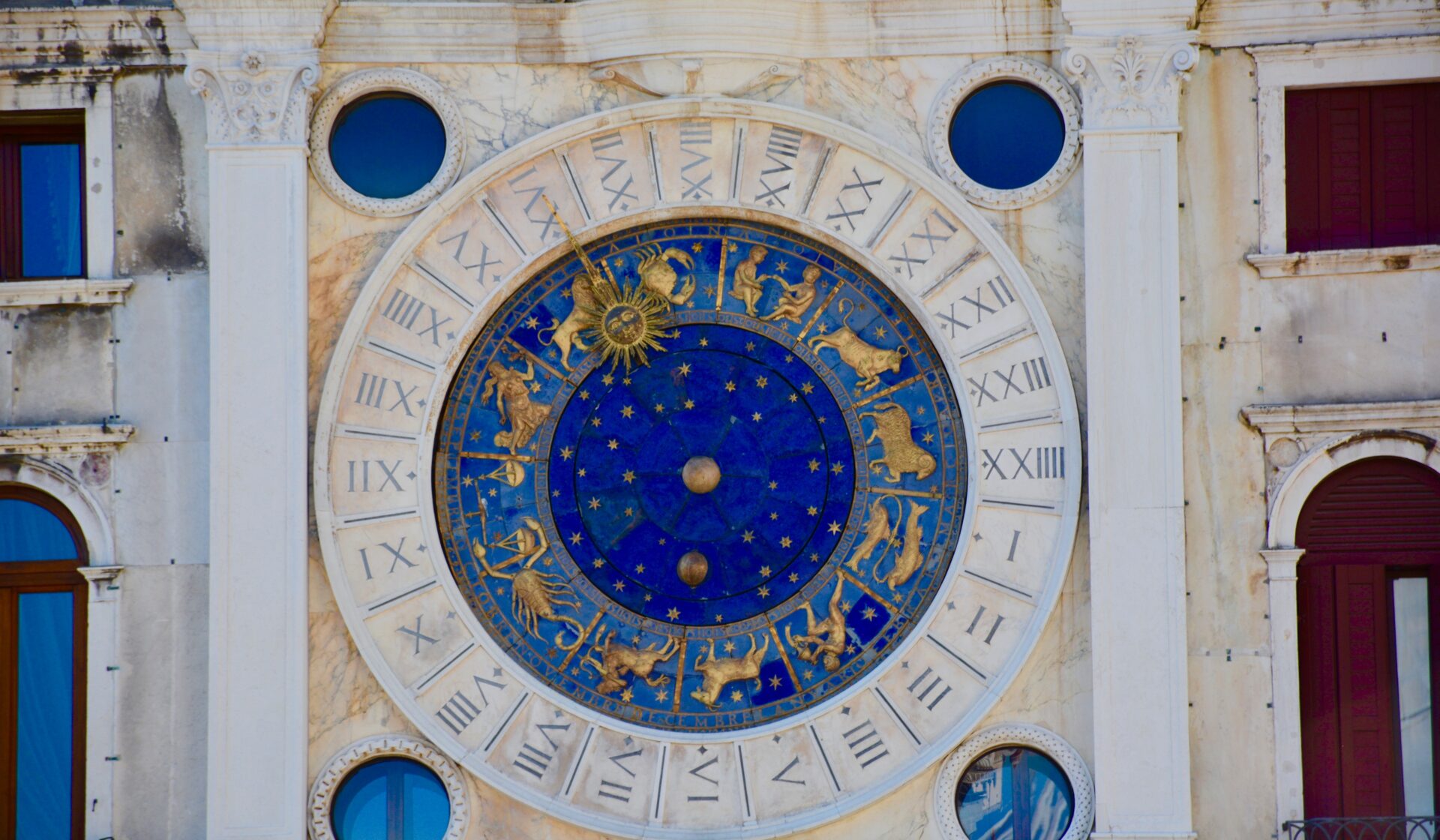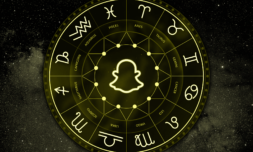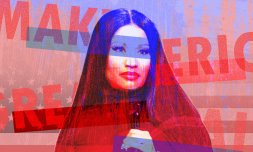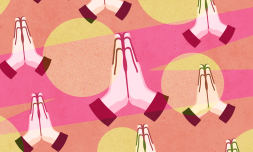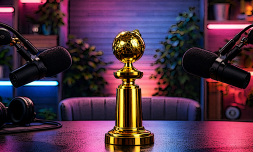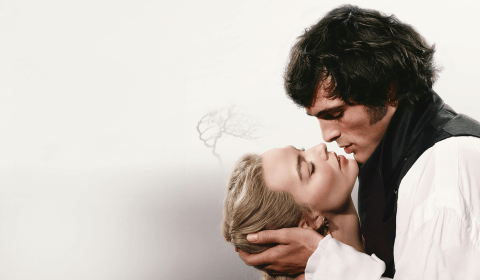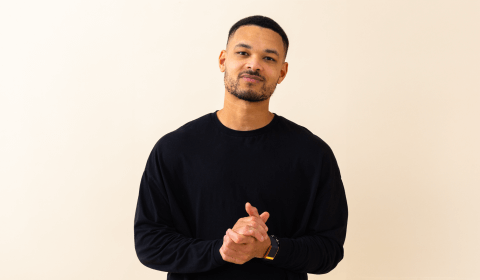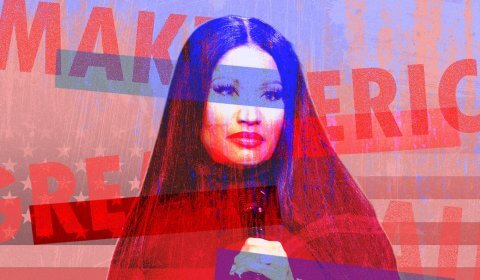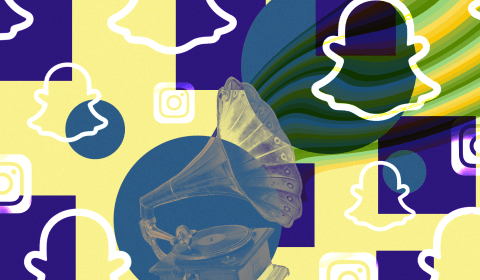Astrology is booming. Driven by younger generations, countless websites and platforms now cater to the astrologically inclined. We examine why this concept has taken over the zeitgeist again – and how it might be causing problems.
While it may be a laughable concept to many, astrology now permeates almost every social media platform.
Across TikTok, Instagram, and Twitter especially, it’s sparked an entire plethora of memes and subcultures. Terms like ‘big three,’ ‘mercury retrograde,’ and ‘birth chart’ have picked up steam on our feeds and in conversations, encouraging astrology to become a commercial industry.
Today, the mystical services market – which includes astrology, mediumship, tarot, and palm readings – is estimated to be worth $12.8bn, with an average growth of 0.5 per cent per year since 2017. This figure is expected to rise by ten billion within the next decade.
So, why are we seeing an astrology renaissance? Why has a belief system that’s existed for thousands of years only recently begun to dominate the zeitgeist again? Could there be negative consequences?
Let’s break it down.
Where did astrology first originate?
Before we dive in, it’s worth looking at astrology’s origins. With us since at least the 3rd millennium BC, when civilisations developed an elaborate way to predict what might happen in accordance with the skies above, it was actually regarded as an academic tradition until the 17th century.
As science progressed, however, scepticism blossomed and faith in these insights swiftly faded.
Though interest was reignited by the New Age movement in the 60s and 70s, it was subsequently quelled by modern research that deemed it untrustworthy. Prior to the last few years, you’d be hard-pressed to ask someone about their sun, moon, and rising signs without triggering a strong reaction.
Yet, while astrology’s never been accepted by the mainstream, it has its own kind of logic.
The practise ascribes meaning to celestial objects by suggesting they have the power to influence the daily events in our lives and our personality traits. Some rely on it, while others think it’s merely fiction. Whether or not you’re a diehard believer, its surging popularity among Gen Z proves it shouldn’t be ignored.
:max_bytes(150000):strip_icc()/BestAstrologyApps_edit_no_badge-03020a4c513446178c186cb0ac8eaa29.jpg)
Why is Gen Z so obsessed?
According to a 2019 survey conducted by MTV, of the 1,000 participants aged 14-29, 87% know their zodiac sign, 75% trust that astrology works, and 65% regularly check their horoscope.
In 2023, more Americans reportedly know their zodiac sign than their blood type, 43% of Gen Zers would make a big decision based on astrology, and one in three agree that ‘in this time of instability [they] turn to it to make sense of things.’
This isn’t surprising given astrology’s revival has coincided with significant tumult, just like after the Great Depression when the first boom occurred.
A small 1982 study by the psychologist Graham Tyson found that people who consult astrologers did so in response to stress.
As a demographic, Gen Z is notoriously struggling to come to terms with a politically and socially-polarised world, unable to escape the doom that’s brought on by news of conflict, inequality, and climate change.
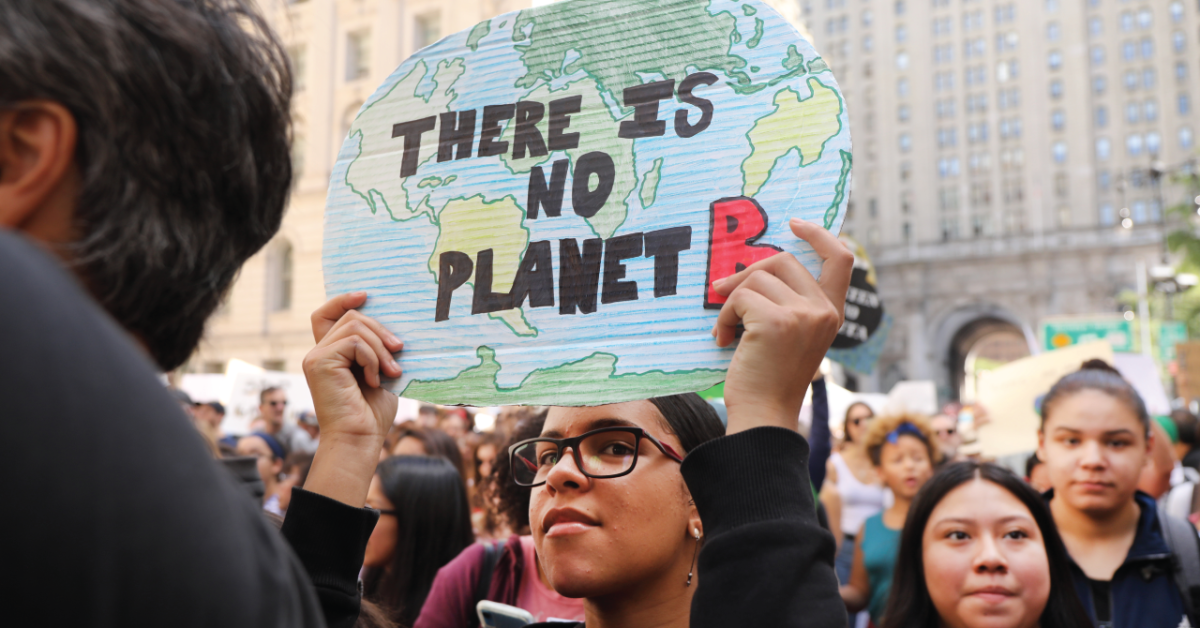
With this in mind, astrology offers those in crisis the comfort of imagining a more promising future, ‘a tangible reminder of that clichéd truism that’s nonetheless hard to remember when you’re in the thick of it: this too shall pass,’ to quote Julie Beck.
Guiding them through these ups and downs, astrology provides distressed Gen Zers with a natural route for navigating chaos, uncertainty, and collective trauma – much needed in the aftermath of the pandemic and the slew of mental health issues it caused – as well as a method of better understanding themselves, others, and the world.
This is because astrology can put into words what’s often hard to verbalise, namely the impacts of being raised in an environment that’s becoming more unstable and dystopian by the day.
‘Humans are narrative creatures, always seeking to explain themselves,’ says psychologist Monica Pasupathi. ‘While I lend no credence to astrology, it gives people a very clear frame for that explanation. It can help people feel more in control of ambiguous of complex situations with meaningful interpretations.’
It’s also important to note religion’s role (or lack thereof) in Gen Z’s obsession with astrology. With church attendance on the decline in America and young people far more secular than their predecessors – evidence that organised religion is losing its grip – astrology fills that void.
This is puzzling when you consider Gen Z are technologically-literate thinkers with a cynical disposition towards misinformation and whose most sacred God is science.
But due to Gen Z’s prevailing desire to feel connected to something greater in order to comprehend themselves and their surroundings with more ease, astrology is able to co-exist with their allegedly rigorous commitment to fact.
‘I think that almost as a counterbalance to this quantifiable and meticulously organised world we live in, there is a desire to connect to and tap into that numinous part of ourselves,’ says Ruby Warrington, founder of The Numinous. ‘I see astrology as a language of symbols that describes those parts of the human experience that we don’t necessarily have equations and numbers and explanations for.’









